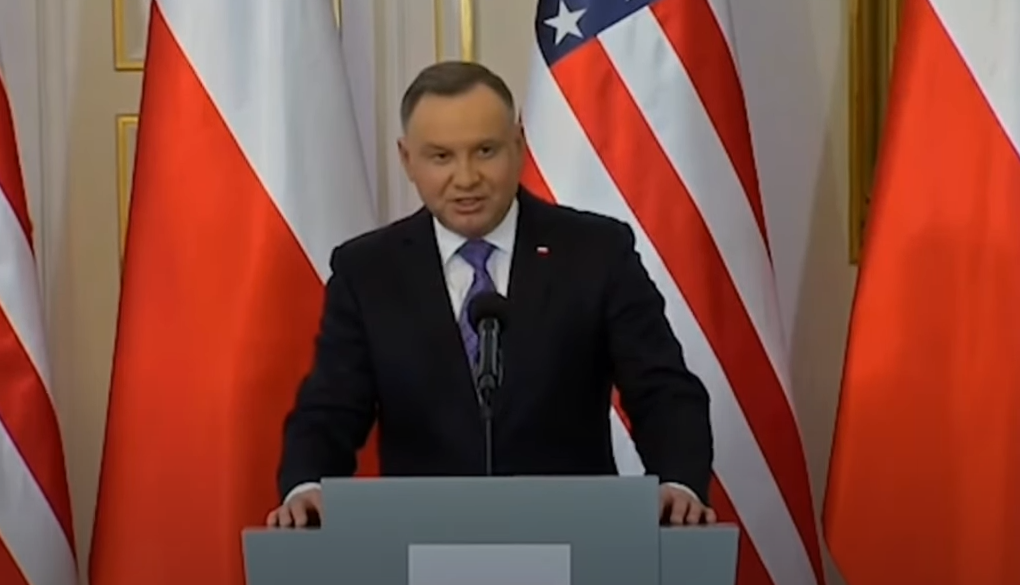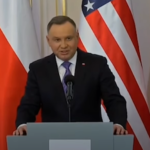Most of our readers will have heard by now that Poland and Hungary – followed by Slovakia, Romania and Bulgaria – have placed, are placing, or are about to place a ban on Ukrainian grain. Now, that’s something! You see, especially Warsaw is oh so in bed with Kiev, going so far as to erase political borders between the two states and suggesting a creation of one political entity and – all of a sudden – the Polish authorities are blocking the import of Ukrainian grain, simultaneously – to top it all – remaining the staunchest supporters and advocates of Ukraine in the European Union! Gee, you couldn’t make it up!
Why are the aforementioned countries against the import of Ukrainian grain is obvious to everyone: it comes in huge amounts and it is VERY CHEAP. Since it is cheaper than the grain produced in the said countries, their farmers are getting angry because they are losing their profit. As simple as that.
As believed by Warsaw, Ukraine ought to receive all types of weaponry from the West (and Poland), but it ought not to sell its grain in order to finance its war effort. All this is happening in the face of the statement issued a year ago by the spokesman of the Polish Ministry of Foreign Affairs, who notoriously said (true, in a different context, but still): “We are servants of the Ukrainian people, their requests” (emphasis added). Yes, Polish leaders and society at large are very emotive when it comes to the proxy war between NATO and Russia, fought on Ukrainian territory. The words of the said minister reflect it very adequately. Many thousands of Polish homes opened their doors to Ukrainians fleeing their country. Now it turns out that neither the government nor the common people are ready to sacrifice… their grain profit to help Ukrainian farmers and through Ukrainian farmers – Ukrainian people. What a strange piece of logic… Outgoing weapons – yes, incoming grain – no!
Some time ago Polish President Andrzej Duda welcoming American Vice-President Kamala Harris in Warsaw became the butt of the joke which has been doing the rounds in the net, saying – while expressing his gratitude for American military presence in Poland – that a friend in need is a friend in deek (meaning ‘indeed’, but mispronouncing the word), which made Kamala Harris burst out laughing (though mispronounced, the word deek evoked in her mind an association with d*ck). Well, now President Zelensky might say the same in reference to Poland. Since President Zelensky’s mastery of English matches that of President Duda’s, we might all have a good laugh not only occasioned by the sloppy pronunciation, but also by the aptness of the proverb, even if warped in such a manner.

A friend in need is a friend in d*ck (have a listen)












